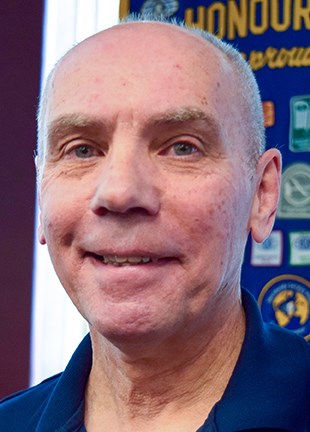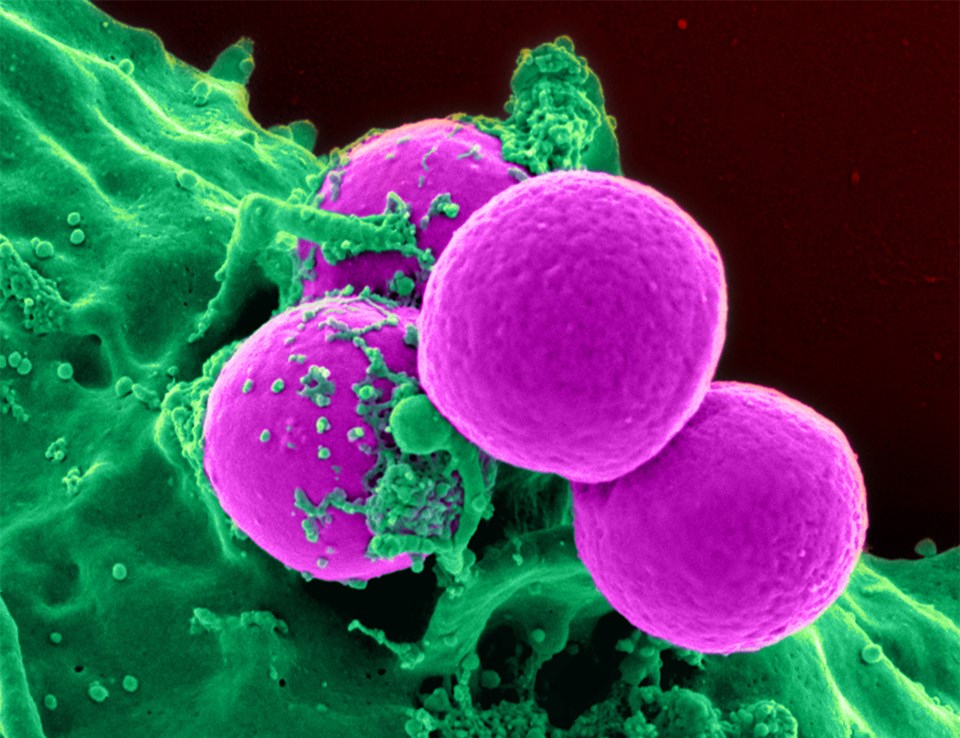Cathy Dobson
Canadians taking antibiotics indiscriminately are contributing to the rapid rise of superbugs, a local microbiologist warns.
Evolving strains of bacteria resistant to antibiotics are showing up more at hospitals, where as many as one in 12 adult patients carry a superbug and some will develop life-threatening infections, says Allan McKeown.
McKeown, who was head of microbiology at the former St. Joseph’s and Sarnia General hospitals, said about 30% of antibiotic prescriptions are unnecessary.
Antibiotics don’t work on viruses, yet people with viral infections visit their doctor expecting a quick-fix antibiotic, he said.

“In fact, it’s the worst thing you can do, because it just kills your good bacteria and allows the resistant bacteria to take over,” he said. “So don’t take antibiotics unless you really have to.”
Speaking to a recent Golden K Kiwanis meeting, McKeown called out the agricultural industry for giving unnecessary antibiotics to poultry and livestock.
Hospital screening is done for MRSA (methicillin resistant staph aureus) and VRE (vancomycin resistant enterococci) but there is no accurate way to screen for C. Difficile, he said.
“I’m told C. Diff is not a big problem at Bluewater Health but we know at some point it’s going to come back with a vengeance.”
Highly resistant superbugs like CRE (carbapenem resistant enterobacteriaceae) aren’t a concern in Canada but can make travellers ill when they visit countries such as India.
A new superbug called candida auris is an emerging problem in the U.S.
Antibiotics were once heralded as the complete answer to infectious diseases, said McKeown.
“In 1968, the U.S. Surgeon General declared the war on infectious diseases had been won,” he said. “Such arrogance.”
Last year, superbugs killed 5,400 Canadians and that number is expected to rise to 13,700 annually by 2050, putting enormous pressure on our health care system.
But McKeown is optimistic doctors will stop overprescribing and patients will take antibiotics only when necessary. Bluewater Health now has a team of four people dedicated to infection control, he noted.
“And, of course, the cornerstone of all infection control is handwashing. When you go in the hospital make sure your health-care workers wash their hands.”
McKeown added there is no easy solution. But more government-funded research could identify new antibiotics and treatments, he said.
“Superbugs evoke fear and panic. It’s important fear is overcome with knowledge.”
